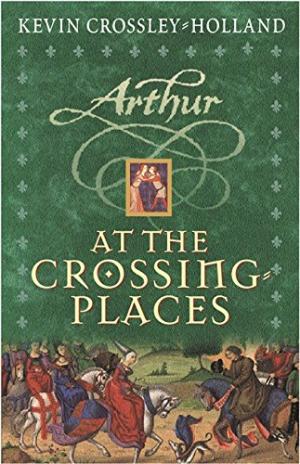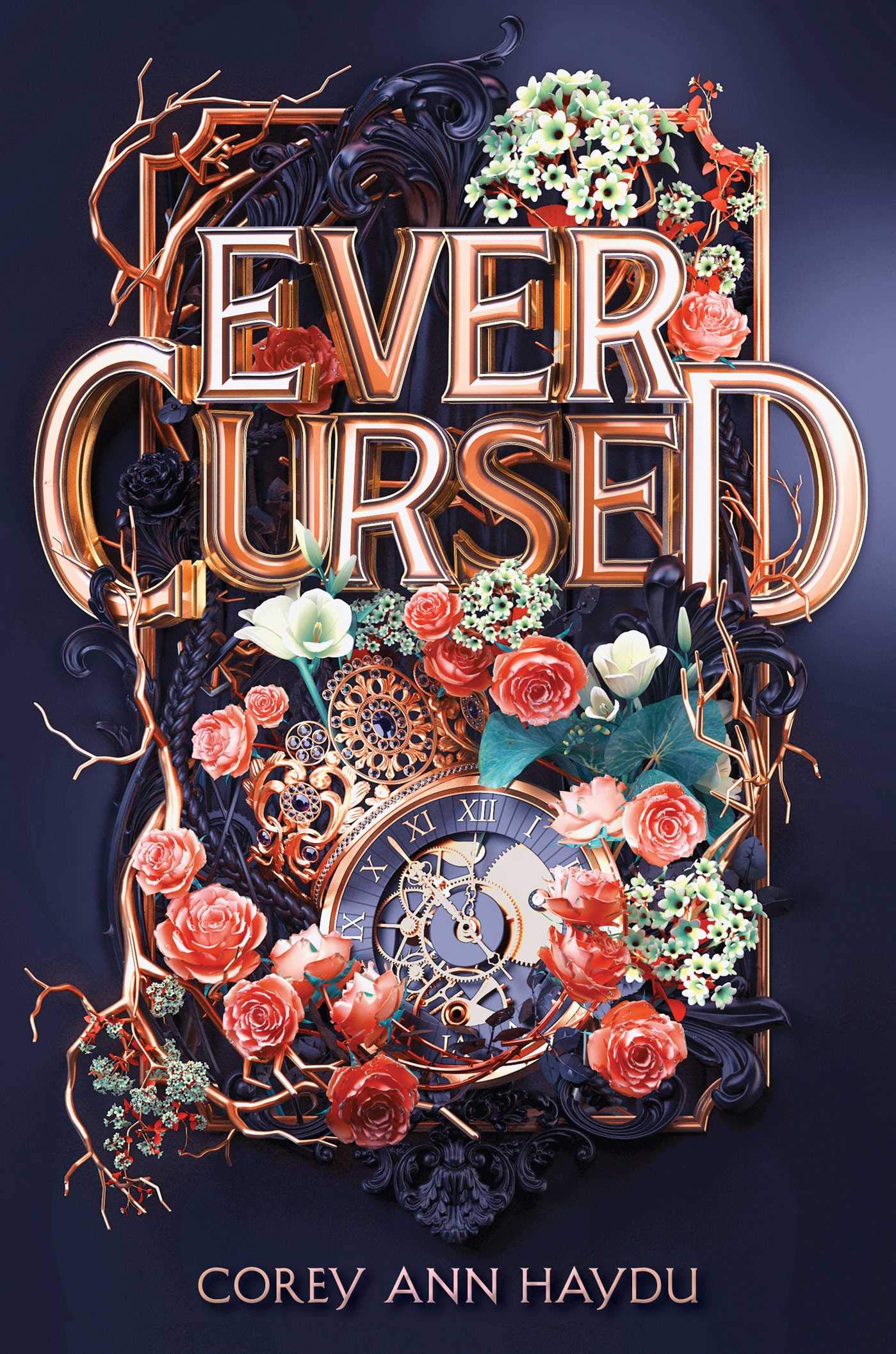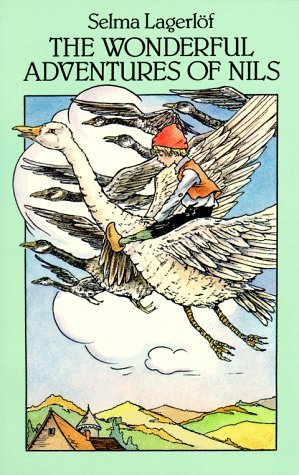[button color=”black” size=”big” link=”http://affiliates.abebooks.com/c/99844/77798/2029?u=http%3A%2F%2Fwww.abebooks.com%2Fservlet%2FSearchResults%3Fisbn%3D9780307742179″ target=”blank” ]Purchase here[/button]
Jake Marlowe gets the news in the first sentence of this book that he is the last of his kind. At age 200, he is only middle-aged for a werewolf. But his days are numbered. Solitary hunters by nature, werewolves have been unable to… er, reproduce… ever since a sort of sterility virus ensured that no one would survive being turned into one of the lycanthropic undead. And though the vampires envy their ability to have sex—indeed, they hardly stop shagging between full moons—it has been ages since there was a female werewolf to mate with. So long, in fact, that Jake has never met one. The last time he experienced true love was with his mortal wife, who unfortunately was one of his first victims, along with their unborn child, 167 years ago.
So when Jake’s friend Harley, an inside man with the WOCOP organization that hunts and polices the undead, tells him that he is the last, Jake isn’t particularly sorry that the end is at hand. He knows that Grainer, the head of the Hunt, has a personal vendetta against him. He knows the Hunt will find him eventually and either shoot him with a silver bullet or cut off his head. He doesn’t intend to fight it. He’s ready to go.
And then, just as he is nerving himself for his final rendezvous with Grainer, the vampires join the hunt. Their agenda is not to put an end to Jake, but to keep him alive. This is ironic, since vampires and werewolves can’t stand each other. But the vampires have only recently worked out that a werewolf’s bite can give them at least partial, temporary resistance to sunlight. It’s not as if they’re proposing a mutually beneficial alliance. They only want Jake as a guinea pig. Being their guest could reasonably be expected to be worse than what Grainer has in store for him.
So now Jake is being pursued by two organizations with vast resources and a penchant for violence. The difference is that he only wants to be caught by the group that actually plans to kill him. Imagine his feelings, when, as he walks through Heathrow with WOCOP agents tailing him on one side and vampire minions watching from the other, he recognizes before him a FEMALE WEREWOLF. Not the last of his kind after all! Something he never imagined he would ever meet! And now, after one look into each other’s eyes, he has a reason to live. Damn it.
Anglo-Indian author Glen Duncan’s novel, the first by him that I have read, conjures a race of magnificent monsters on the tipping edge of extinction. Duncan writes in a high literary style, loaded with originality and intelligence and expressive power, with allusions to other literature and a serious engagement with the philosophy of our time. I have two notes of caution to play for you; take them for what you will. First, please observe the silver-plated Adult Content Advisory. I have ratcheted my “recommended ages” dial as high as it will go, because the sexuality depicted in this book is definitely meant for mature readers. It isn’t just that it’s explicit or that it uses R-rated language; it’s inventive, even to the point some might call deviant. I don’t want to be blamed when concerned parents see the innocence dying in their kids’ eyes after finding this book in their Halloween stocking. I say this to shield myself from any responsibility on this account.
Second, I don’t know whether this is the author’s general philosophy or whether it comes out of his main character’s experience of living with murder on his conscience, to the tune of around one victim a month for 167 years, starting with the love of his life. How does Jake Marlowe make peace with himself? He does so by embracing the nihilist view that “There is no God and that is his only commandment.” In other words, moral distinctions like “good” and “evil” have become meaningless; there is only survival and appetite in this life, and nonexistence hereafter. I frankly believe this worldview is what makes the worst monsters possible; and I’m talking about real-life monsters here. At times of great distress Jake appeals, perhaps blasphemously, to whatever god may be up there, or if none, to the spirit of Story. I’m not sure even the latter appeal isn’t blasphemy.
If this story does a reader any good, it will most likely be by stimulating his disgust with the worldview it represents. Perhaps that’s the authors intent. I don’t know. But I would prefer to spend time with a book that exercises the reader’s belief in noble conduct and heroic sacrifice. Why? Simply because we need more people in this world who can imagine themselves in that role, and who as a result might act accordingly. The supreme irony of this book is that, at the peak of a crescendo of suspense and horror, we actually see some of this type of heroism in action—albeit in the dark, morally complex context of a creature that kills and devours people.
Again, the last analysis is up to you. I want you to be prepared to face it, that’s all. And then you and I can each decide for ourselves whether to continue reading the trilogy that begins with this book. Book 2 is titled Talulla Rising. The third book, By Blood We Live, was released in February of this year. Duncan’s other books include a variety of adult stories focusing on love, death, and the macabre. Their titles include I, Lucifer and The Death of an Ordinary Man.
Buy the Book!
Glen Duncan at Fantastic Fiction
Recommended Ages: 16+




